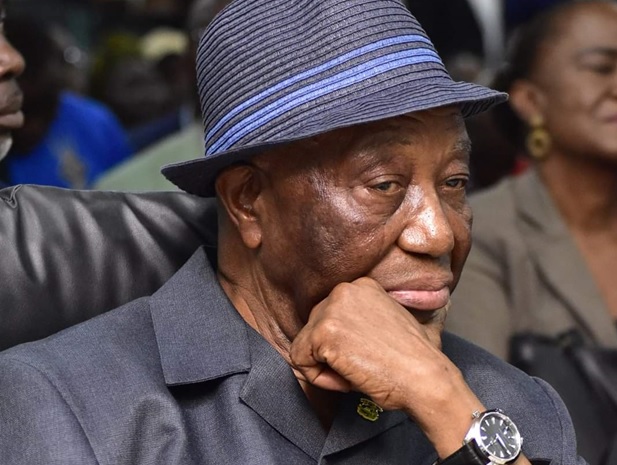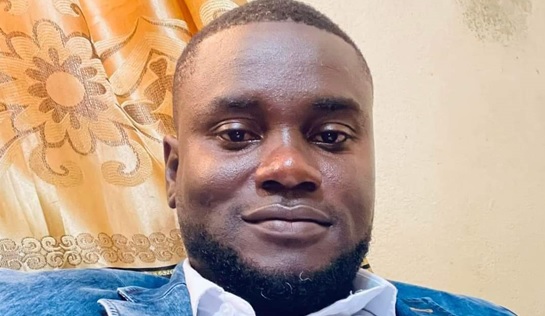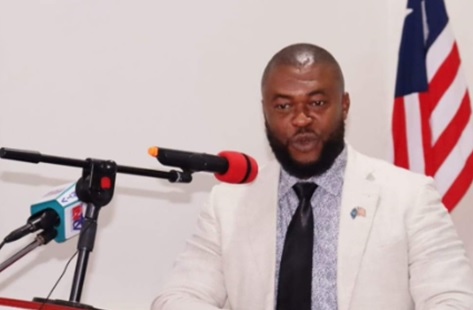MONROVIA – In a scathing commentary titled “Good News, Sunday,” former fundraiser for Liberian presidential candidate Joseph Boakai, John Morlu, has openly criticized Boakai for what he describes as a troubling repetition of governance failures reminiscent of former President Ellen Johnson Sirleaf. Morlu urges all Liberians to “look into your sincere heart and read this fairly and justly,” asserting that Boakai is increasingly mirroring the past with each passing day.
Morlu points to the recent dismissals of members of the Coalition for Democratic Change (CDC) as a clear sign of poor governance and a blatant disregard for the interests of the Liberian people. “It’s time for Boakai to wake up and show true leadership,” he declared, emphasizing that this situation requires courage and collective action from all citizens to advocate for their fellow Liberians.
He highlights a significant constitutional issue, noting that while the Constitution allows for the appointment of political appointees, it does not extend to civil servants. In contrast, he cites the U.S. system where a president can appoint 4,033 officials out of 1.4 million federal employees. Morlu condemns the lack of a Presidential Appointment Act in Liberia, which would define the limits of presidential appointments. He criticizes Boakai, Pro Tempore Nyonblee Karnga Lawrence, and Speaker Jonathan Fonati Koffa for failing to enact such laws, allowing potential for an unchecked number of appointments.
“This is Bad Governance 101, yet the disorganization continues under Boakai,” he added. Morlu calls for a unified stand against poor practices regardless of political affiliation, stating that Liberia is in crisis, with widespread joblessness and a lack of opportunities for ordinary citizens. He argues that the ongoing political reshuffling offers no real solutions, merely a “replacement game.”
The former fundraiser also expresses concern over cronyism within the government, pointing out that 99% of officials at the Executive Mansion do not belong to the Unity Party. He insists that all political appointments should reflect the Unity Party platform, yet maintains that civil service employment should remain free of political bias.
Morlu recounts the criticism directed at Weah’s administration when Unity Party partisans faced dismissals for supposedly insulting the president. He argues that Boakai’s team is now repeating these very mistakes, highlighting a concerning pattern of favoritism that threatens the integrity of governance in Liberia.
He specifically calls out Josiah Joekai, the Director of the Civil Service Agency, for his role in the dismissals, asserting that his actions undermine Boakai’s government. Morlu urges Boakai to intervene decisively, as President Weah did during his tenure, to halt these damaging practices.
As the political landscape in Liberia continues to shift, Morlu emphasizes the need for strong leadership focused on job creation rather than dismissals. He calls for a shift in priorities, urging Boakai’s economic team to foster an environment conducive to employment and growth, rather than engaging in what he sees as counterproductive actions.
In a final plea, Morlu warns that history has shown the consequences of mismanagement, urging leaders to learn from past mistakes to avoid repeating the failures that have plagued Liberia for decades.







